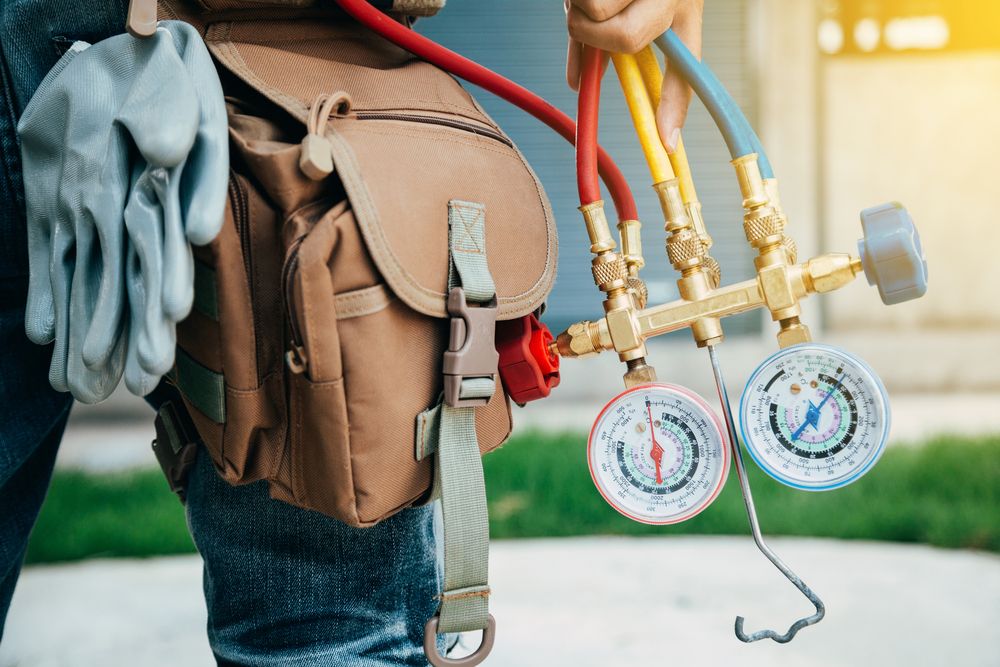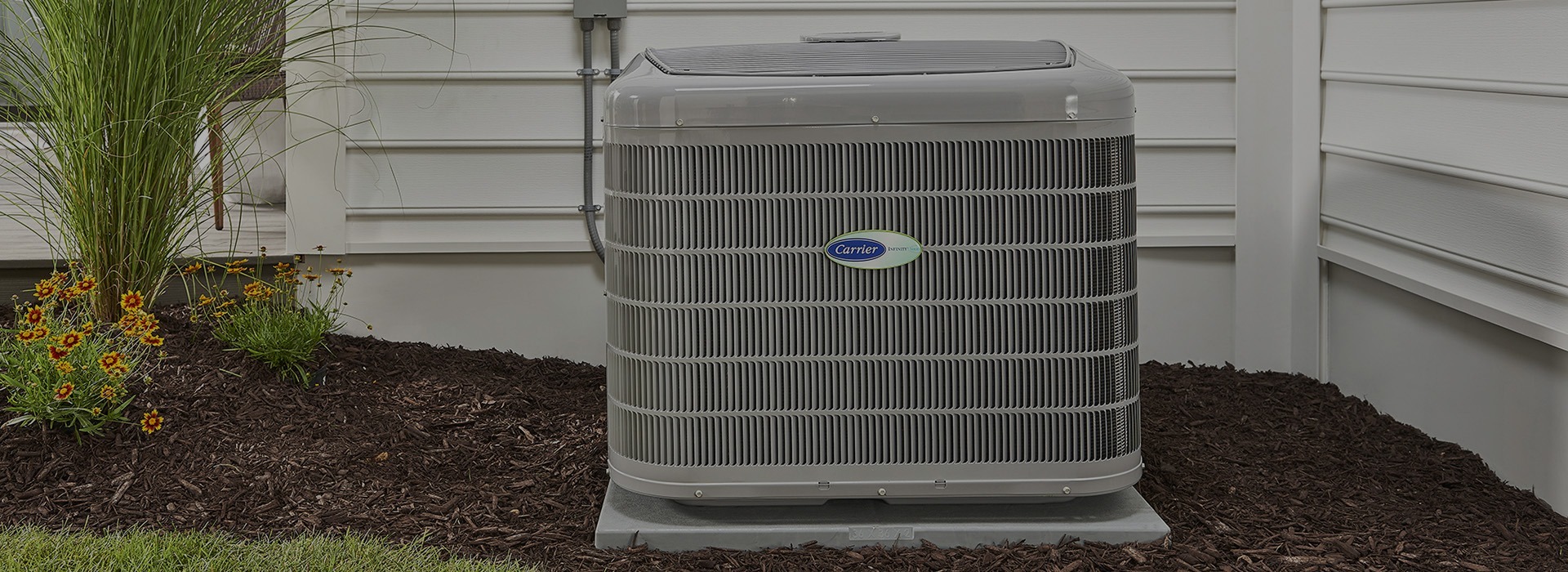Energy-Efficient A/c Systems to Reduce Energy Expenses
As power costs continue to increase, the importance of energy-efficient Heating and cooling systems comes to be increasingly obvious. These systems not just promise substantial cost savings on energy expenses however additionally contribute to a much more sustainable future by lessening power usage.
Advantages of Energy-Efficient Heating And Cooling Equipments
Energy-efficient a/c systems provide numerous advantages that extend beyond simple cost savings. One significant advantage is the decreased environmental impact. By eating less power, these systems add to reduce greenhouse gas exhausts, aiding to battle climate adjustment and promote sustainability. This straightens with enhancing societal needs for environment-friendly techniques in residential and commercial setups.
In addition, energy-efficient heating and cooling systems usually give improved comfort degrees. Most of these systems feature advanced modern technology that enables much better temperature control and improved air quality (DMAKS HVAC). This leads to a healthier interior atmosphere, which is especially essential for people with allergies or respiratory concerns
Furthermore, investing in energy-efficient heating and cooling systems can enhance property value. As even more customers prioritize power efficiency, homes and buildings equipped with these systems may draw in higher bids in the property market.
Kinds Of Energy-Efficient A/c Options
Exactly how can property owners and businesses select one of the most appropriate energy-efficient heating and cooling options for their demands? The marketplace provides a variety of energy-efficient HVAC systems, each made to improve comfort while decreasing power consumption.
One alternative is the variable refrigerant flow (VRF) system, which successfully manages the temperature in numerous zones within a structure. This system adapts its cooling agent flow to match the wanted temperature level, resulting in substantial energy savings.
One more popular option is geothermal heat pumps, which make use of the earth's secure temperature to warm and amazing rooms. By transferring warmth to and from the ground, these systems demonstrate remarkable effectiveness, specifically in moderate environments.
Additionally, ductless mini-split systems offer an energy-efficient choice for homes lacking ductwork. These systems permit zone-specific cooling and heating, lowering energy waste in vacant locations.
Lastly, high-efficiency heating systems and air conditioning unit, with sophisticated SEER and AFUE rankings, use dependable environment control while eating less energy than typical models. By assessing these alternatives, homeowners and companies can choose a HVAC system tailored to their certain demands and power efficiency goals.
Secret Functions to Take Into Consideration

Following, examine the kind of compressor utilized in the system. DMAKS HVAC. Variable-speed compressors can readjust their outcome to match the home heating or cooling need, resulting in boosted comfort and power savings contrasted to single-speed versions. Furthermore, seek systems geared up with clever thermostats that provide programmable setups and remote access, permitting far better control over energy usage
An additional crucial feature is the system's air filtering ability. High-efficiency filters can enhance indoor air high quality and minimize power usage by making certain the system runs effectively. Moreover, think about the kind of cooling agent utilized; contemporary systems frequently employ eco-friendly cooling agents that have a reduced ecological effect.
Lastly, ensure that the system works with zoning innovation, which enables for customized temperature level control in various areas of your home, boosting convenience while minimizing power use.
Tips for Picking the Right System

Following, think about energy efficiency rankings, specifically the Seasonal Energy Efficiency Ratio (SEER) for cooling systems and the Annual Gas Use Effectiveness (AFUE) for heating systems. Greater scores indicate better effectiveness, which can result in significant financial savings on utility bills with time.
Furthermore, evaluate the kind of a/c system that best matches your way of life and budget. Alternatives include air conditioning, ductless mini-splits, and heatpump, each with its own collection of benefits and Website drawbacks.
Do not neglect the relevance of appropriate installment and sizing; an improperly sized system can lead to ineffectiveness and increased wear. Consult with an expert HVAC specialist to acquire professional referrals tailored to your home's one-of-a-kind requirements. This extensive technique will make certain that you select an energy-efficient cooling and heating system that meets your requirements and spending plan effectively.
Maintenance for Ideal Performance
Once the best a/c system remains in place, ongoing maintenance ends up being crucial to ensuring optimal efficiency and durability. A properly maintained system runs better, leading to reduced power usage and lowered energy costs. Normal inspections and tune-ups should be scheduled at the very least twice a year-- once before the cooling season and once before the home heating period.

Homeowners must also be cautious regarding checking their heating and cooling system's efficiency. Unusual noises, rising and fall temperatures, or raised energy expenses can show underlying issues that need prompt attention. By addressing these issues immediately, property owners can dig this prevent costly repair work and expand the lifespan of their systems.
Investing in an upkeep strategy with a certified specialist not just boosts efficiency but likewise gives tranquility of mind, knowing that the system is operating at its finest. DMAKS HVAC. Routine upkeep is therefore important for sustaining power performance and lowering overall operational costs
Conclusion
In final thought, energy-efficient a/c systems offer a sensible solution for lowering energy costs while boosting convenience and air top quality. By incorporating advanced technologies and options such as geothermal heat pumps and ductless mini-splits, residential property proprietors can accomplish considerable energy cost savings and contribute to environmental sustainability. Careful factor to consider of system attributes and recurring upkeep additionally makes sure ideal performance, making energy-efficient systems a prudent financial investment for both financial and environmental benefits.